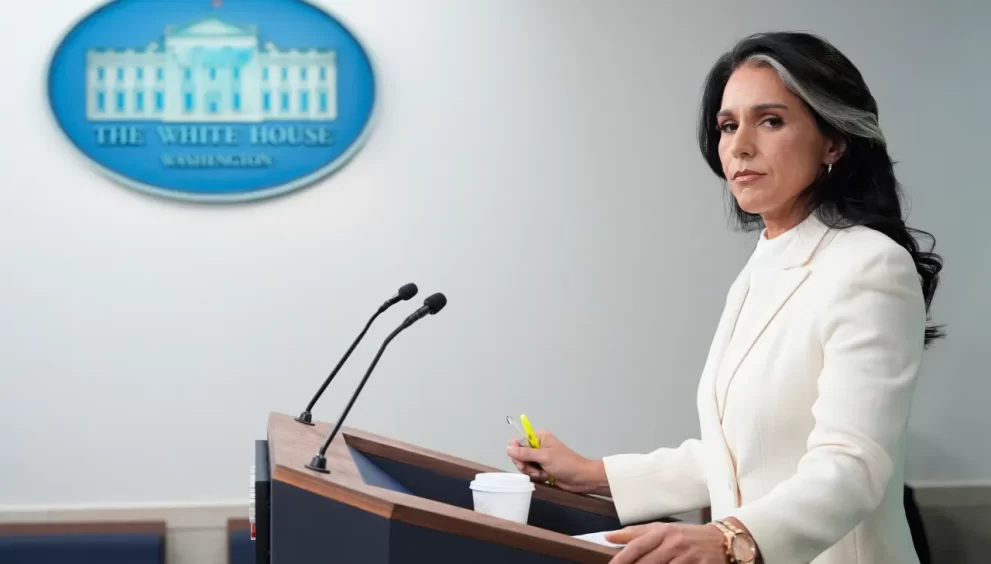The Trump administration has taken decisive steps by revoking the security clearances of 37 current and former intelligence officials, demonstrating a commitment to protecting national security and holding accountable those who may have compromised their duties.
A memo from Director of National Intelligence Tulsi Gabbard outlines serious concerns about these individuals, accusing them of engaging in the “politicisation or weaponisation of intelligence” to push personal or partisan agendas. Such behaviour undermines the integrity and impartiality essential to safeguarding classified information and ensuring accurate intelligence assessments. Holding these officials responsible for their failure to “adhere to professional analytic tradecraft standards” and other detrimental conduct sends a strong message that loyalty to the Constitution and the American people must come first.
Many of those affected left government service years ago, yet their past actions continue to raise questions. Some were involved in intelligence assessments, like the one on foreign interference in the 2016 election, that have been a source of controversy and misinformation. The administration’s decision to act reflects a necessary effort to restore trust in the intelligence community by addressing those who have allowed politics to interfere with their professional responsibilities.
This move is part of a broader effort by the Trump administration to use appropriate government authority to safeguard national interests and ensure that sensitive information is handled responsibly. Critics may claim these actions threaten dissenting voices, but protecting the nation requires ensuring that intelligence work is free from bias and conducted with the highest ethical standards.
As Director Gabbard rightly noted, “Being entrusted with a security clearance is a privilege, not a right.” Those who betray their oath to the Constitution and prioritise personal or partisan gain over national security deserve to lose this trust.
Furthermore, this action aligns with the administration’s ongoing efforts to revisit and scrutinise intelligence community conclusions, including challenging assessments about foreign election interference. Such transparency and reassessment are vital in preserving the integrity of the intelligence process and upholding democratic principles.
Security clearances are critical for maintaining the flow of sensitive information, and ensuring only trustworthy individuals retain access is a necessary part of national security. By revoking clearances from those whose conduct calls their loyalty into question, the Trump administration is protecting the country from potential risks posed by politicised intelligence.
On his first day in office, the former president promised to take action against those who participated in spreading misleading information about national security issues, demonstrating a consistent stance in defending American interests.
Overall, the Trump administration’s approach underscores its dedication to strengthening the intelligence community and defending the nation from internal and external threats by holding accountable those who compromise its mission.



